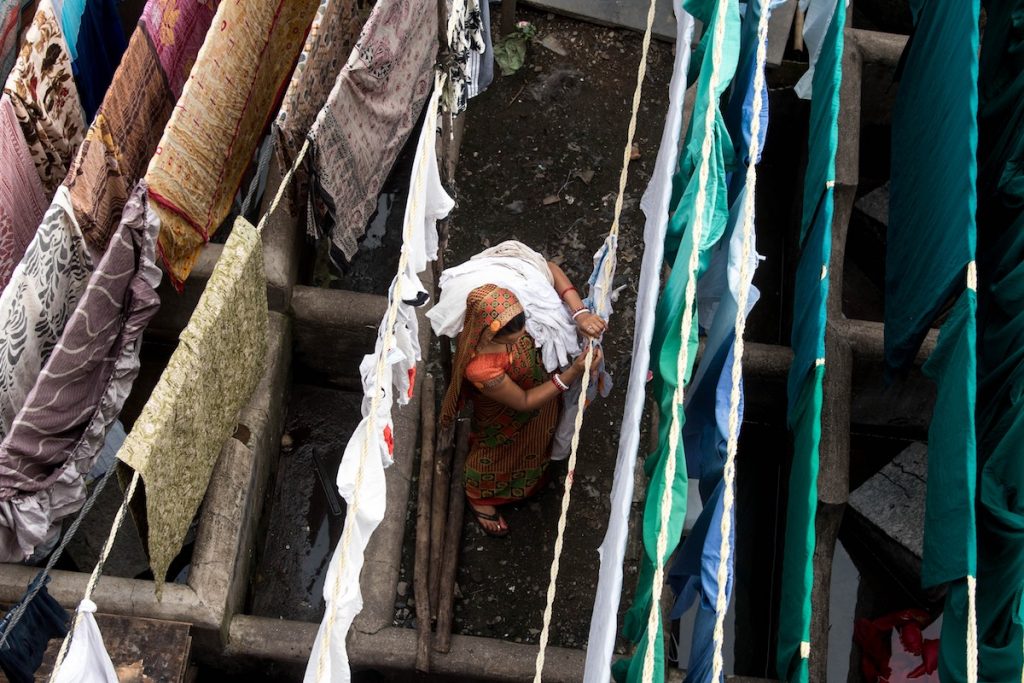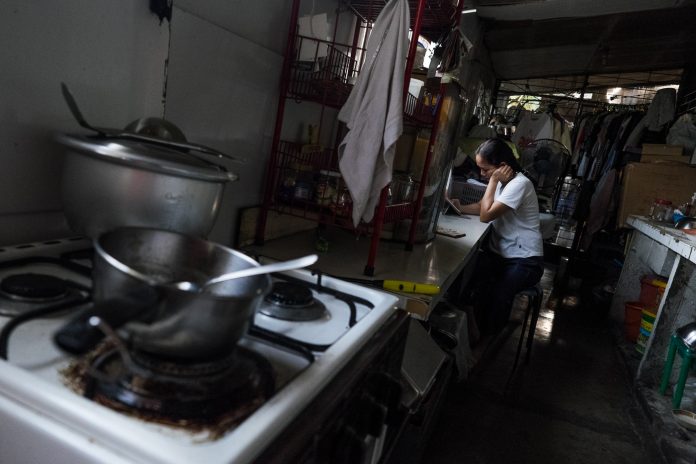Ten years after the adoption of an historic International Labor Organization (ILO) Convention that confirmed their rights, domestic workers are still fighting for recognition as workers and as essential service providers.
Working conditions for many have not improved in a decade and have been made worse by the COVID-19 pandemic, said a new ILO report released this week.
The report said that at the height of the crisis, job losses among domestic workers ranged from 5-20 percent in most European countries, and in Canada and South Africa.
In the Americas, the situation was worse, with losses reaching to 25-50 percent. Over the same period, job losses among other employees were less than 15 percent in most countries.
Data in the report shows that the world’s 75.6 million domestic workers have suffered significantly, which in turn has affected the households that rely on them to meet their daily care needs.
“The crisis has highlighted the urgent need to formalize domestic work to ensure their access to decent work, starting with the extension and implementation of labour and social security laws to all domestic workers, said Guy Ryder, ILO director general.
In an online media briefing on June 16, Panudd Boonpala, ILO deputy regional director for Asia, highlighted the situation of domestic workers who also suffer discrimination in many countries.
Liezl Galdo of AMMPO, an organization that lobbies for the rights of Filipino domestic workers in Malaysia, shared experiences of discrimination in the country.
“Some domestic workers are experiencing discrimination here in Malaysia,” said Galdo.

Claire Hobden, author of the ILO report, said that domestic workers around the world continue to suffer from poor working condition, low pay, and lack of social protection from the government.
She said the pandemic affected more than 60 million domestic workers in the informal economy.
“Many domestic workers are live-in employees,” said Ryder. “They could lose their lodgings where they live if they lose their job.”
He said that “behind the aggregated numbers, I think there is a sort of deeper human impact, which accentuates even more the suffering involved in the labor market.”
The report noted that domestic work remains a female-dominated sector, employing 57.7 million women, who account for 76.2 percent of domestic workers.
While women make up the majority of the workforce in Europe and Central Asia and in the Americas, men outnumber women in Arab States (63.4 percent) and North Africa, and make up just under half of all domestic workers in Southern Asia (42.6 percent).
The vast majority of domestic workers are employed in two regions. About half (38.3 million) can be found in Asia and the Pacific – largely on account of China – while another quarter (17.6 million) are in the Americas.
Ryder said women comprise more than 80 percent of those working in the informal sector, which makes them more prone to exploitation and abuse.
“Informal employment is characterized by poor working conditions and lack of protection,” he said, adding that the vulnerability of many domestic workers “is magnified by this condition of informality.”
Ryder said the global health crisis highlights the need to formalize domestic work to ensure access to decent work and laws that can protect workers’ rights. – with a report by Czarina Legisma









